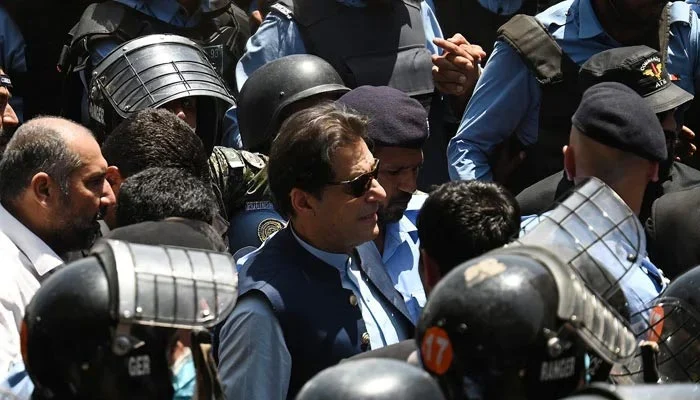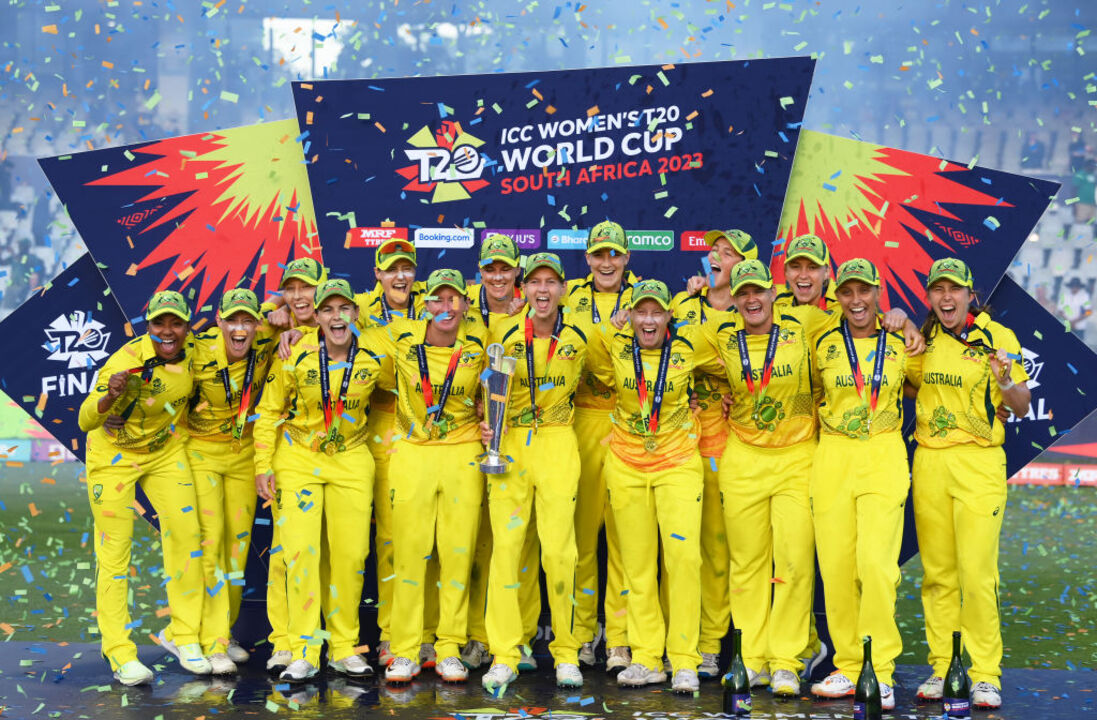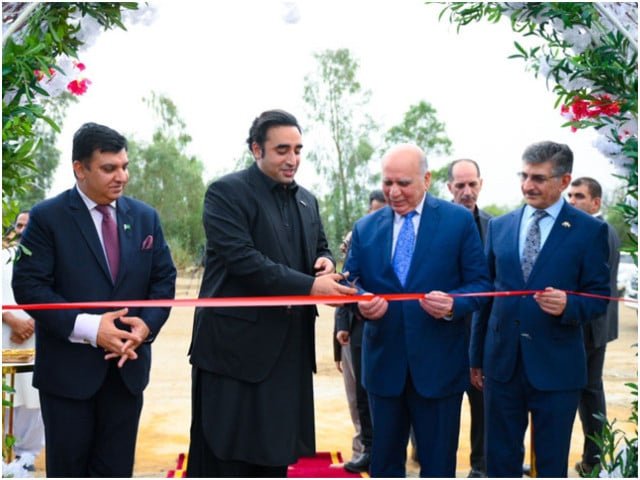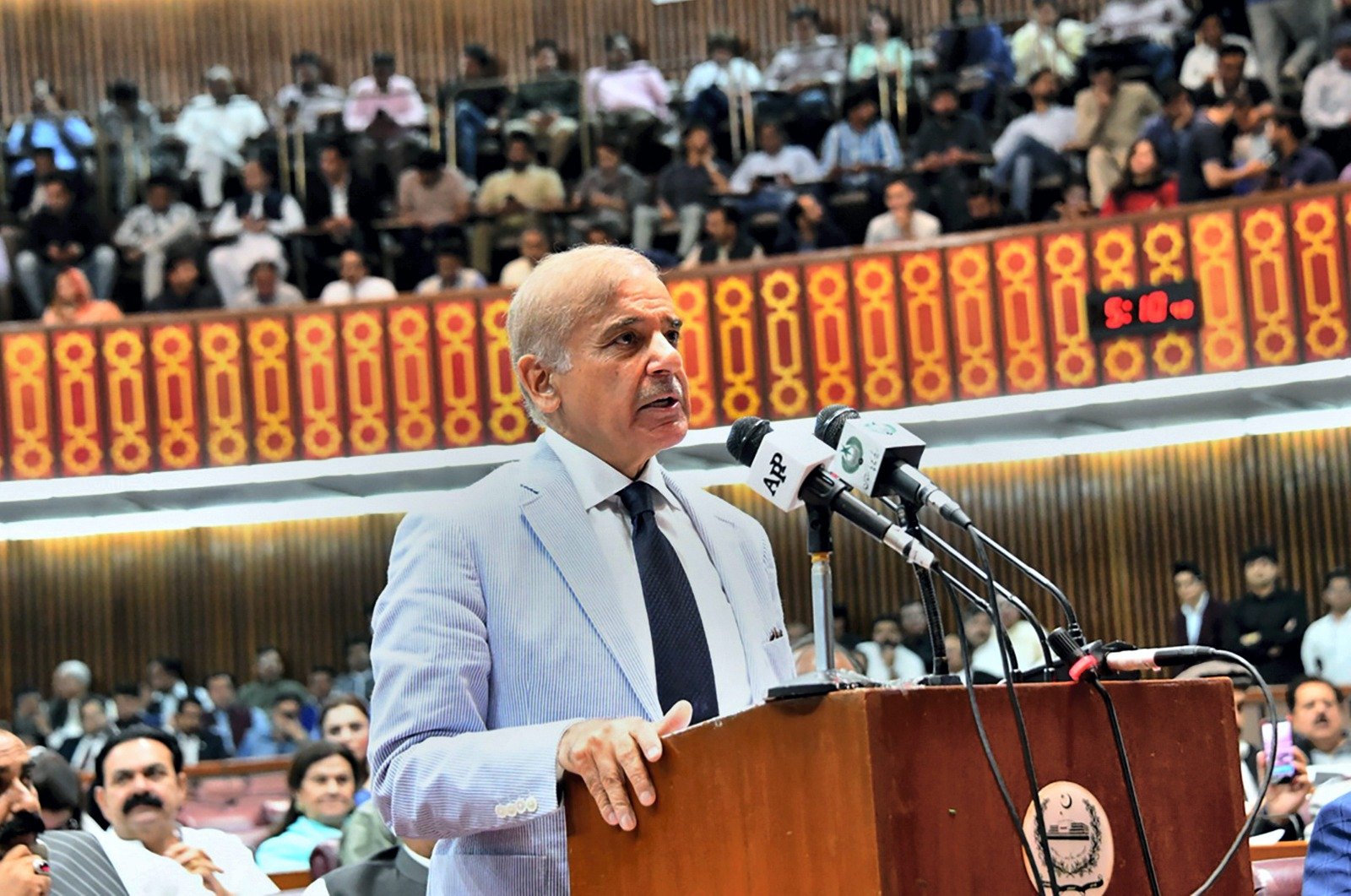Imran Khan decides ‘stepping back’ from rigid stance to ease political tension

PTI founder’s decision came after his interaction with CJP Isa who suggested Khan go to Parliament to help resolve Pakistan’s problems.
Pakistan Tehreek-e-Insaf (PTI) founder Imran Khan has signaled a significant shift in his political strategy by deciding to soften his stance. Khan has directed PTI leaders to establish dialogues both within and outside the Parliament to alleviate the current political tensions.
This development follows Khan’s recent interaction with Chief Justice of Pakistan Qazi Faez Isa during a Supreme Court hearing on the National Accountability Bureau (NAB) law amendments. During the session, Chief Justice Isa advised Khan to reengage with the Parliament to address Pakistan’s challenges, emphasizing that the country needs to move forward.
Khan, who participated in the hearing via video link from Adiala Jail—where he has been detained since August 2023—complained of political victimization following his ouster in April 2022. In response, he has authorized a three-member PTI committee to initiate contact with the establishment and various political factions.
The PTI leadership is set to engage in talks with political parties outside the Parliament, while its lawmakers will seek to strengthen ties with the ruling coalition inside the Parliament. Additionally, sources revealed that Khyber Pakhtunkhwa Chief Minister Ali Amin Gandapur is involved in behind-the-scenes negotiations.
This strategic pivot aims to support the state in achieving political and economic stability and reducing tensions. PTI plans to participate in discussions on multiple issues, including Senate and National Assembly committees.
Meanwhile, former president and PTI leader Dr. Arif Alvi claimed on June 5 that Khan was being urged to “strike a deal and leave the country.” Alvi stated that Khan has rejected this option and is determined to remain in Pakistan, predicting failure for those attempting to sentence the former prime minister.
Alvi highlighted PTI’s willingness to negotiate with legitimate stakeholders and called for the release of Khan, adherence to the rule of law, and restoration of the party’s mandate. He criticized the current government’s lack of decision-making authority, attributing their power to Form 47 rather than legitimate governance. On June 5, Alvi reiterated that PTI would engage in dialogue only with those who hold real decision-making power.










